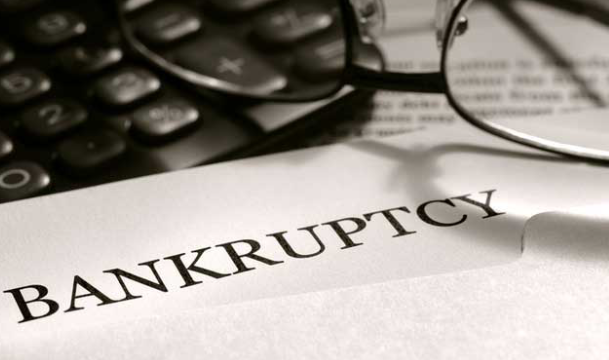Many small business owners sign a directors guarantee to secure a loan and get their company off the ground. But there are advantages and disadvantages to doing this.

What is a directors guarantee?
If you sign a directors guarantee, it means that you personally, as a company director, are liable for any debts owed by a limited company. If the business fails or is suffering financially, you will have to pay back any money owed to creditors.
When are they used?
As well as obtaining bank loans and overdrafts, there are a variety of other ways a directors guarantee may be used, including making investments, trade supply deals, commercial property rental or ownership, and invoice financing. The main advantage of a directors guarantee is that it allows new businesses which don’t yet have credit ratings or trading history to access credit and get off the ground.
However, they are not without risk and should only be entered into after taking legal advice and ensuring that you will be able to repay any debts should the business fail. Fortunately, there are many law firms such as https://www.samconveyancing.co.uk/news/conveyancing/directors-guarantee-the-risks-of-personal-guarantees-by-directors-9999 which have expertise in overseeing the legal implications.
Benefits of a limited company
Normally, if you set up as a limited company rather than a sole trader, you have limited liability, meaning you are not responsible for any debt the company gets into. However, the reality is that most lenders insist on a personal directors guarantee in order to secure financing.
According to Sky News, the Federation of Small Businesses has noted that small businesses are sometimes deterred from applying for credit by increasing demands for personal guarantees. But it also said that when properly used, they have an important role to play in business lending and boosting the economy.
What to Consider
Before taking out a personal directors guarantee, you should check the terms and conditions carefully. A key question to ask is at what stage will the guarantee be called in – will it be after one or several missed payments and what exactly constitutes a default? Usually, a creditor calls in a guarantee when a business is on the brink of bankruptcy, as they will want to recoup any money before it is all gone. But they may also call it in if you have not met the terms of the agreement or if there has been a county court judgement against the company.

In summary, a directors guarantee makes it easier to get finance and get your business started. However, it needs careful consideration, as it could lead to serious financial implications, including the loss of your own house if the business fails.


